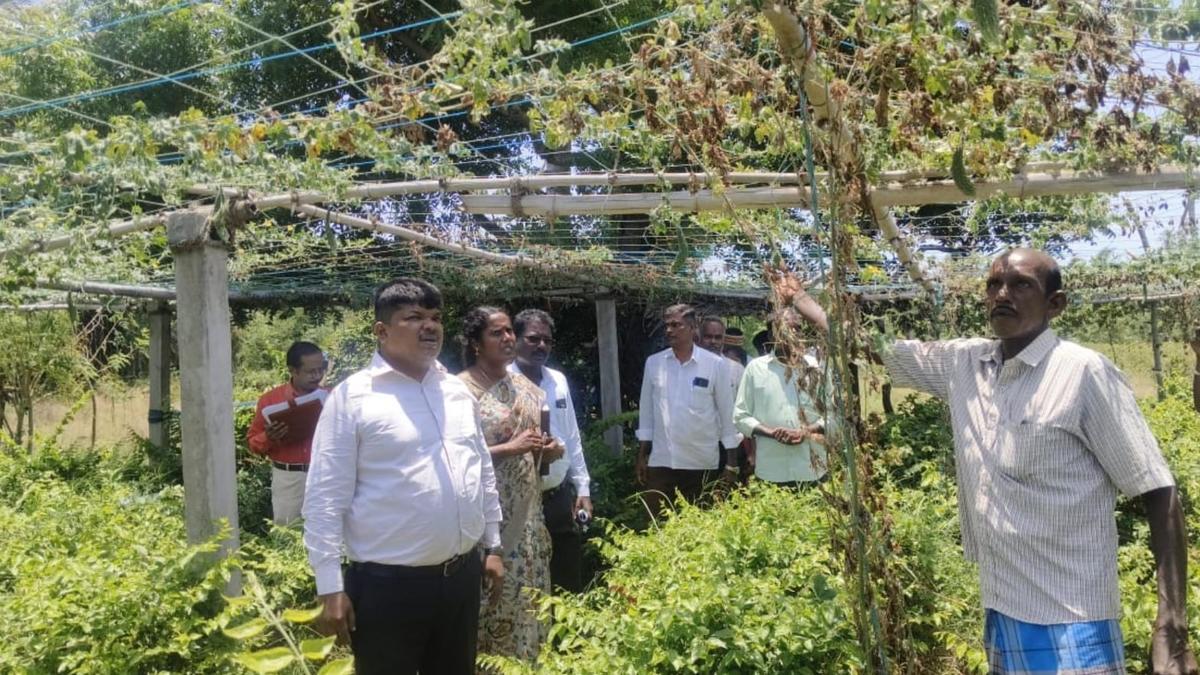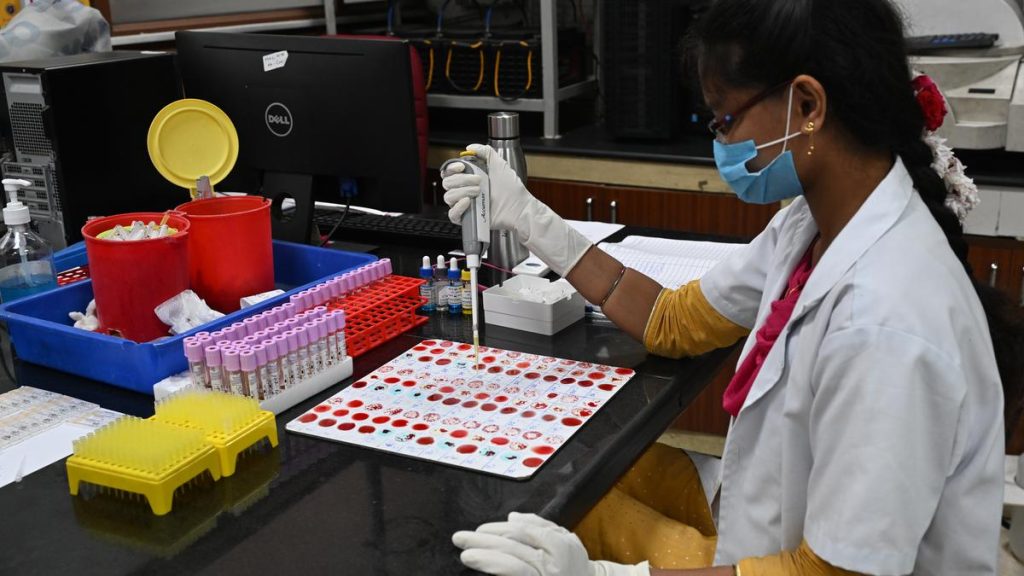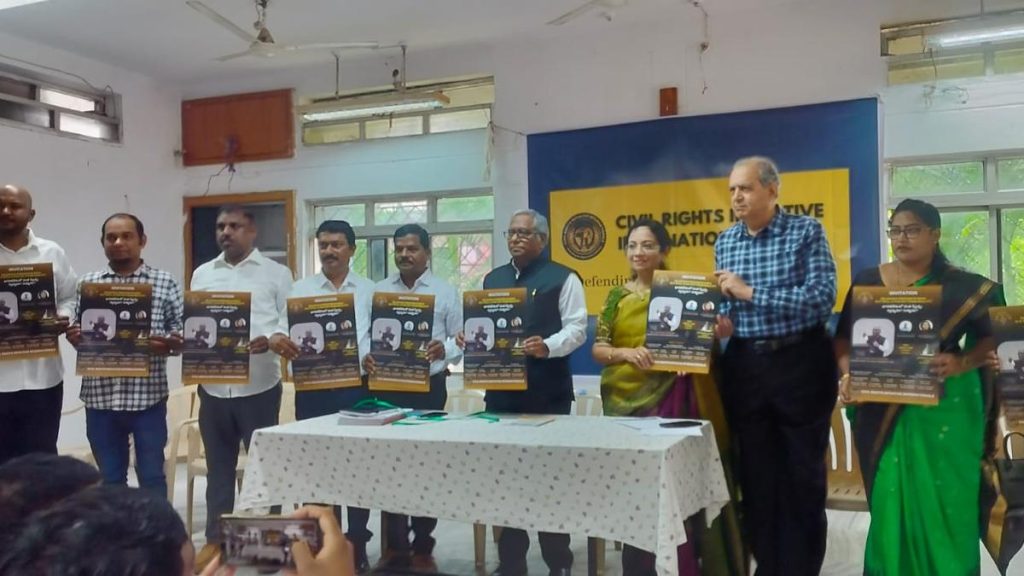Now Reading: Trellis Farming Takes Root in Kollidam Block
-
01
Trellis Farming Takes Root in Kollidam Block
Trellis Farming Takes Root in Kollidam Block

fast Summary:
- Farmers in Kollidam block, Mayiladuthurai district, Tamil Nadu are adopting trellis-based horticulture under the permanent Pandal Scheme, supported by the Department of Horticulture.
- This method is notably beneficial in flood-prone areas and provides a resilient option for agricultural production.
- Crops grown include bitter gourd, snake gourd, ribbed gourd, bottle gourd (on trellis structures), alongside intercropped plants like chilli and jasmine flowers.
- Farmers report increased yields due to fertile soil enriched by siltation from proximity to the Kollidam river-yield improvements range from 400 kg to 600 kg per unit area.
- Subsidies under the scheme have been raised from ₹2 lakh to ₹3 lakh per hectare; for 2025-26, 15 hectares have been sanctioned for implementation in Mayiladuthurai district targeting around 45 farmers.
- Seeds provided under a National Agricultural Progress Program with full subsidy are part of the initiative.
Indian Opinion Analysis:
The adoption of trellis-based horticulture under the permanent Pandal Scheme represents a promising shift towards sustainable agricultural practices in flood-prone regions like Kollidam block of Tamil nadu’s Mayiladuthurai district. It highlights how targeted government schemes can bolster resilience among small and marginal farmers against environmental challenges while increasing productivity and income stability through new cropping techniques.
The rise in subsidies from ₹2 lakh to ₹3 lakh per hectare demonstrates focused financial support fostering adoption rates among vulnerable farmer communities along perennial flood zones such as those impacted by frequent inundation near rivers like Kollidam-a geographically challenging location leveraged strategically agronomic soil potentials inherent.(collate scale)+ rated prof rates context’d























